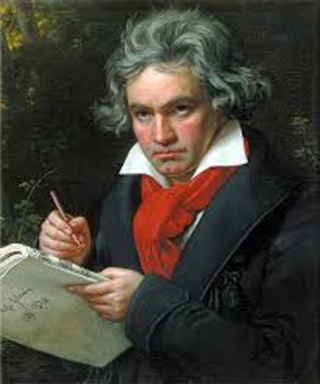1/18/2022 Midway through Musical Performance ~ My “Classic Film Theory” ~ Part 2 of 2
- Takeaki Iida

- Jan 18, 2022
- 4 min read
Updated: Jan 21, 2022
My "Classic Film Theory"

Many old movies are masterpieces, but with the generations change, it is usually difficult to convey it. I attempt to explain my belief and hope it would be easier for (younger) readers to understand my "Classic Film Theory."
Today, we are terribly busy every day! With the further development of Information Technology (or computers and other telecommunication systems), the society in which information is viewed and exchanged on just a mere smartphone or Internet based texting software such as Line (communication software in Japan) is further promoting this tendency.

The era in which I lived was also a period of high economic growth, and I was busy. However, since it was an era when IT was less developed, it was not as easy to obtain information instantaneously as it is now, so I had to go to places where I could have access to information. In other words, you can access information by looking up in dictionaries and encyclopedias, reading newspapers and magazines, watching movies, listening to music, going to concerts, listening to CDs/records, going to exhibitions, reading books, and so forth.
The first half of this list above, that is, looking up in dictionaries and encyclopedias, and reading newspapers and magazines, is now no longer needed. And most of the latter part of the list, that is, watching movies, going to concerts, listening to CDs/records, going to exhibitions, and reading books, is taught as a part of ‘intellectual education’ in elementary and middle schools in their music, art, language and literature classes, except 'going to the movies.' Whether you like it or not, basic knowledge and practical skills of ‘art and culture’ are taught in school thus at least you have an opportunity to gain some knowledge.
In the history of classical music, from Bach, Handel, Haydn, Beethoven, Mozart, Brahms, Chopin, Mendelssohn, Tchaikovsky, Debussy, Label, Bize, and Mussorgsky to modern composers including Hindemith, Berg and Toru Takemitsu, these names are mentioned in textbooks. There may be also singing and choir classes with piano and organ accompaniment. As for paintings, Botticelli, Michelangelo, Raffaele, Millet, Corot, Rembrandt, Monet, Renoir, Dogan, Turner, Picasso, Van Gogh, and Klimt, are in textbooks as well. In Western literature, I always remember Shakespeare, Hermann Hesse, Tolstoy, Dostoevsky, and Hemmingway, and in Japanese literature, Ogai Mori, Ichiyo Higuchi, Soseki Natsume, and Yuzo Yamamoto.
Are Movies Art or Pure Entertainment? ~ My "Classic Film Theory" ~
It is a controversial subject whether a movie should be recognized as an artistic culture, or it should be considered as mere mass entertainment. Movies usually are not taken up in school classes. It takes at least 2 hours to watch a movie and we normally do not know which one is good until you see it. Good movies were produced in the 1940s, 50s, and 60s, and we do not have many occasions to watch old movies now. In this busy modern society we do not come across many masterpieces that impress us. Many movies which are called masterpieces have solid original literature, screenplays, and themes. This is because the directors, screen writers, actors, cameras, and music that support them are also solid.
Movies made after the 1970s may be satisfying to those who seek stimulus. It is not an exaggeration to say that very few are impressive.
Therefore, the trend that people watch movies in theaters without knowing any old masterpieces are like reading Haruki Murakami and Kafka without reading classics in literature. In the world of painting, it is like seeing works of Picasso and Masuo Ikeda without knowing painters in the impressionist or even earlier eras. It is highly possible that you are exposed to the music of Berg and Toru Takemitsu without listening to the masterpieces in the classic and romantic eras in terms of music.
As with any artistic culture, by the time you come across a decent work, you have seen and listened to many of mediocre and worthless works. The value standard is naturally nurtured and established by going through the process of seeing and listening to mediocre works.
Another troublesome thing about old movies is that the degree to which the color of colored objects deteriorates over time due to the preservation state of the work is more severe than that of works of other art forms and culture. So, it is almost impossible to watch a lot of (deteriorated) old movies. In music, old records and tapes deteriorate in the same way, but it is the performance of the composers works, and the deterioration of the performer's works on records or tapes, but the original music exists, and other contemporary performers perform the same compositions. So, the deterioration of the original movies is different from deterioration of music on records.
Most of the masterpieces that impressed me were made before the 1960s. I hope you understand my point of "classical film theory".
Author's postscript:
This article is a partial amendment of the article posted in the old boys' society's quarterly magazine several years back of the company that I worked for. There have been some changes since then in musical activities and my life in general, so, I have edited for this blog use. There may be some redundancies and ambiguities to the readers of this Blog, but I have kept the article to the extent that it does not impair originality, so I would like to ask you to understand that point. If you are interested there is a part 1 of this article discussing My “The World of Hobbies” Part 1 of 2.
.png)



Comments